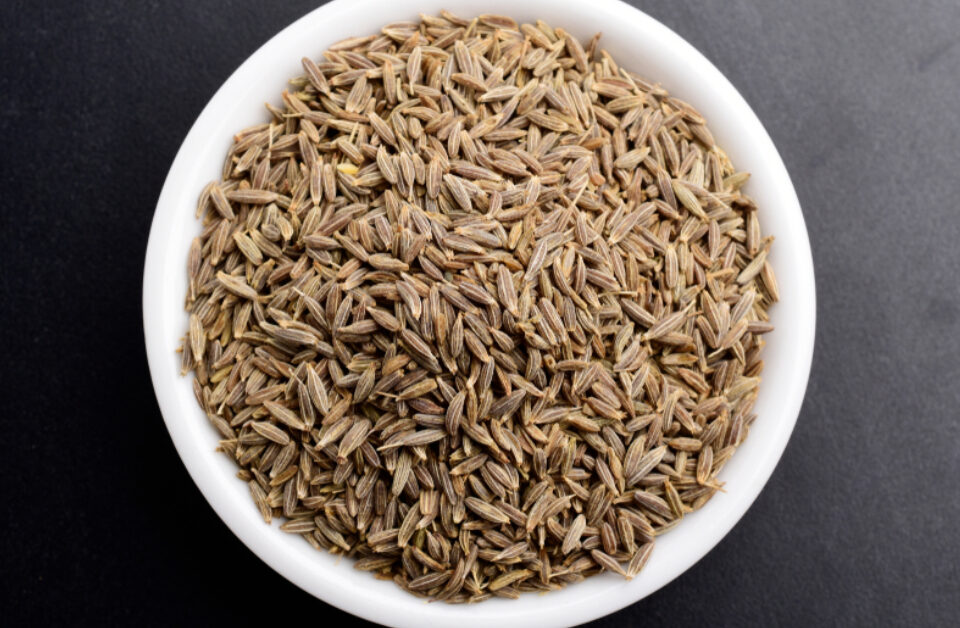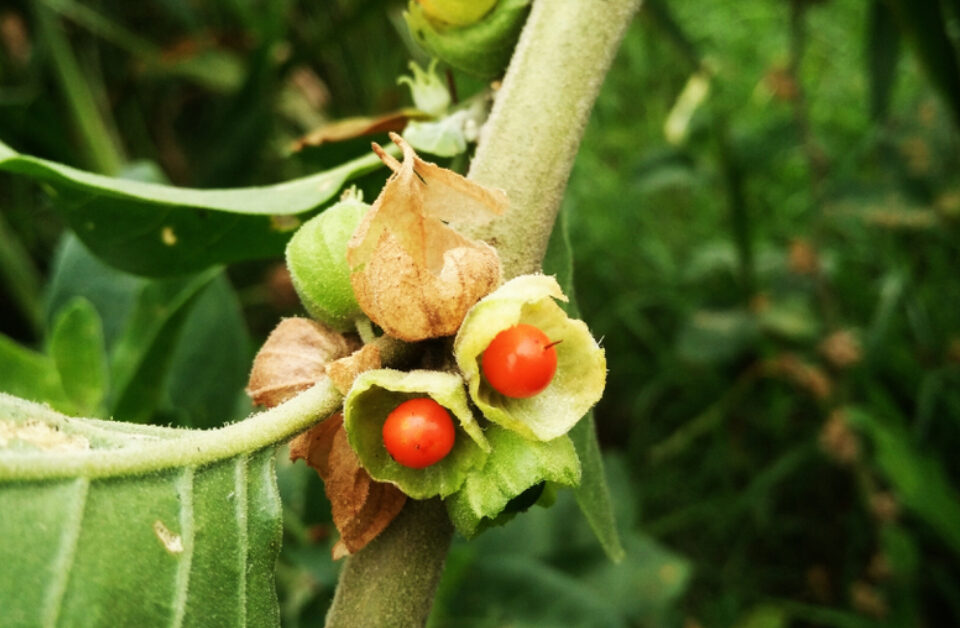- Use Coupen Code " 9GU8HMW3 " to get 10% Discount on your purchase!!
Ajwain Health Benefits

Cumin Health Benefits
February 22, 2023
Ajwain is commonly known as carom or Bishop weeds. It contains essential oil, which is composed of several bioactive compounds, and therefore it has medicinal importance. Ajwain is available throughout the year. Ajwain shrub leaves are feathery. Ajwain seeds are the fruit of the shrub, which is small, oval-shaped, and pale yellow.
Ajwain seed looks like fennel and cumin. Ajwain has been used from ancient times in Indian, African, and Middle Eastern for cooking which also boosts the favor of dishes and acts as a preservative in chutneys, pickles, and jams. They contain a unique source of digestive fibers that helps in keeping good gut health.
Ajwain has a strong, bitter smell, and in Sanskrit, it is known as Ugragandha. In Afghanistan, while making bread, biscuits ajwain seeds sprinkled to provide aroma and taste. Ajwain seeds, due to their health benefits, are consumed in raw or roasted form. It is a common practice of adding Ajwain in clarified butter.
Ajwain seeds have a small amount of oil in them known as ajwain oil. The oil contains thymol, a phenol that gives the fruit its thyme-like smell. Thymol is commonly used to treat digestive problems. It also has antifungal and antibacterial properties.



